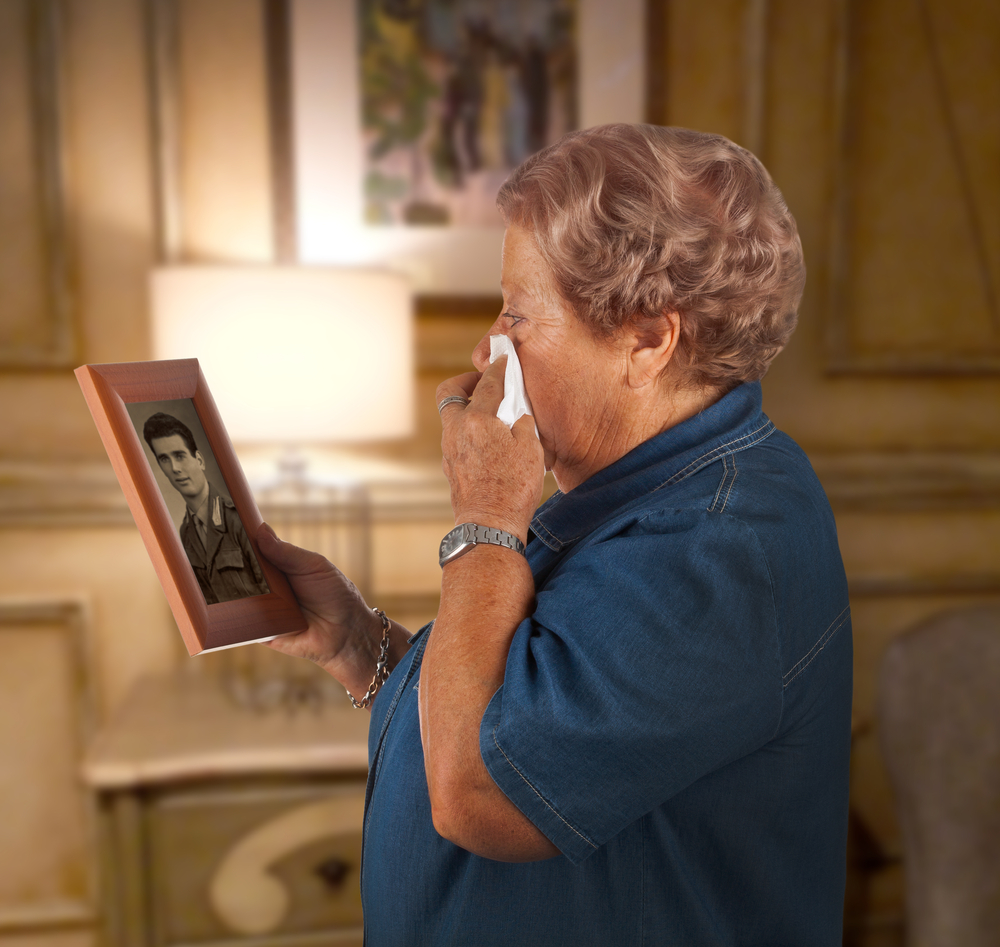The loss of a family member can be devastating, both emotionally and financially. Social Security is meant to be a survivor program as well as a retirement program. In this article we will discuss the one-time lump sum death benefit, monthly survivor benefits, who qualifies for survivor benefits, and how to apply for benefits when a family member dies.
One-Time Death Benefit:
You may receive a one time payment of $255 when a family member dies, depending on your relationship to them and how long they have worked. Generally, only surviving spouses and children of deceased workers qualify for the one-time death benefit. In addition, the deceased family member must have worked long enough to be insured under Social Security, but it doesn’t matter if they were already collecting Social Security or not.
The death benefit payment is made to the surviving spouse living with the deceased person at the time he/she passed, or if there is no surviving spouse, the payment is made to a child of the deceased person. Spouses who are not living together when one spouse dies may still receive the death benefit if they were eligible for benefits on the deceased spouse’s earnings in the month the spouse passed. If there is no surviving spouse or child who qualifies for the payment, then no payment will be made.
This is a one-time, lump sum benefit; however some survivors may qualify for a monthly benefit in addition to the one-time death benefit. You must apply for the lump-sum death benefit within two years of the family member’s death.
Monthly Social Security Survivor Benefits:
In addition to the one-time payment, certain family members may receive a monthly benefit for a deceased person. Widows, widowers, children and dependent parents may qualify for monthly survivor benefits. In some cases, even divorced widows and widowers may qualify to receive benefits when their ex-spouse dies. The monthly survivor benefit is also referred to as “survivors insurance” as it is much like a life insurance policy.
To be eligible for survivor benefits, the deceased worker must have worked and earned credits towards Social Security benefits. The number of years required to work depends on the age of the deceased family member.
The following family members may qualify for monthly survivor benefits:
- a widow or widower, beginning at age 50 if disabled or 60 is not disabled;
- a widow or widower who is caring for your child under the age of 16, regardless of the age of the widow or widower,
- unmarried children of the deceased also qualify if they are under age 18 (or age 22 if they are disabled).
- in some cases, even grandchildren, step children or adopted children may qualify for survivor benefits.
If you are divorced, you may qualify for survivor benefits on an ex-spouse if you were married for at least 10 years, and you are age 60 or older when your ex-spouse passes (you only need to be age 50 if you are disabled).
Applying for Survivor Benefits:
You should notify Social Security and apply for Social Security benefits right away after a family member has passed. To do so, you can call the Social Security Administration or visit the closest office to you. You will need to provide proof of death (death certificate or proof from a funeral home), your Social Security number and your deceased family member’s Social Security number, your birth certificate, marriage certificate if married, divorce papers if you are divorced, and income information for the deceased family member (from W-2s or income tax returns) for the most recent year. Social Security death benefits are paid only from the time you apply, so it’s important to apply as soon as possible after the death of a loved one if you qualify.
Q&A: Can a Widow Collect Both a Survivor Benefit and Her Own Benefit?
Q: My husband passed away recently. Can I collect the survivor benefit and continue my own benefit?
A: I’m sorry to hear about your husband. Unfortunately, you can receive only one benefit under Social Security. If the survivor benefit based on your late husband’s work record is higher than your own Social Security benefit, you can switch to the higher benefit, but you can’t collect both benefits. While being able to switch to the higher benefit certainly helps widows, the loss of their own benefit can be hard on the budget, so it’s important to plan ahead of time.
Q&A: Can I Collect Social Security Before Retirement Age?
Q: I lost my wife 3 years ago, she was 62. I am 55 and am not able to work anymore. Can I draw her Social Security now, or am I to young?
A: Unfortunately, I have seen this (or similar) questions much too often lately. Whether it’s due to the loss of a spouse, the poor economy, or a disability, many people are wondering if there is any way to collect Social Security before the traditional retirement age.
Continue reading Can I Collect Social Security Before Retirement Age…
Q&A: Can My Non-Citizen Wife Collect Widow Benefits When I Die?
Q: I am a US citizen collecting social security retirement benefits. My wife is a non-US citizen. We have been married for 20 years, but we just moved back to the United States. Can my wife apply for survivor benefits if I die?
A: Resident aliens can collect Social Security benefits, but they must meet certain requirements. If your spouse is not a US citizen, she must be here legally in order to collect benefits. In addition, she must have lived here for at least 5 years and she must have been married to you for at least 5 years in order to apply for benefits. This is true whether she is applying for spousal benefits or widow benefits when you pass away.






Susan C says
Can a divorced wife of a dead husband that was married more than ten years collect his social security benefits at age 66 and her own security benefits?
kristine says
Susan – A person can only receive one benefit under Social Security. This is true whether you are single, married, divorced or widowed. If the survivor benefit based on your deceased late husband’s earnings record would result in a higher benefit than your own, than you can switch to the higher benefit, but you can not collect both. Since you were married for more than 10 years to your deceased ex-husband, you should qualify for widow benefits on his record, so long as you are not remarried. I hope this helps.
kristine says
Please note, this is an educational blog only, this is not the official Social Security website.
If you want to setup an appointment or apply for benefits, you will need to contact the Social Security Administration directly. You can call them at 1-800-772-1213, or you can see other contact options at https://ssa.gov/pgm/reach.htm.
Thank you.
Paul G says
very helpful
R R Hemp, Jr says
What happens to monies collected & matching dollars paid as benefit by employer when spouse dies while working full-time after 26 years of paying into SS…?